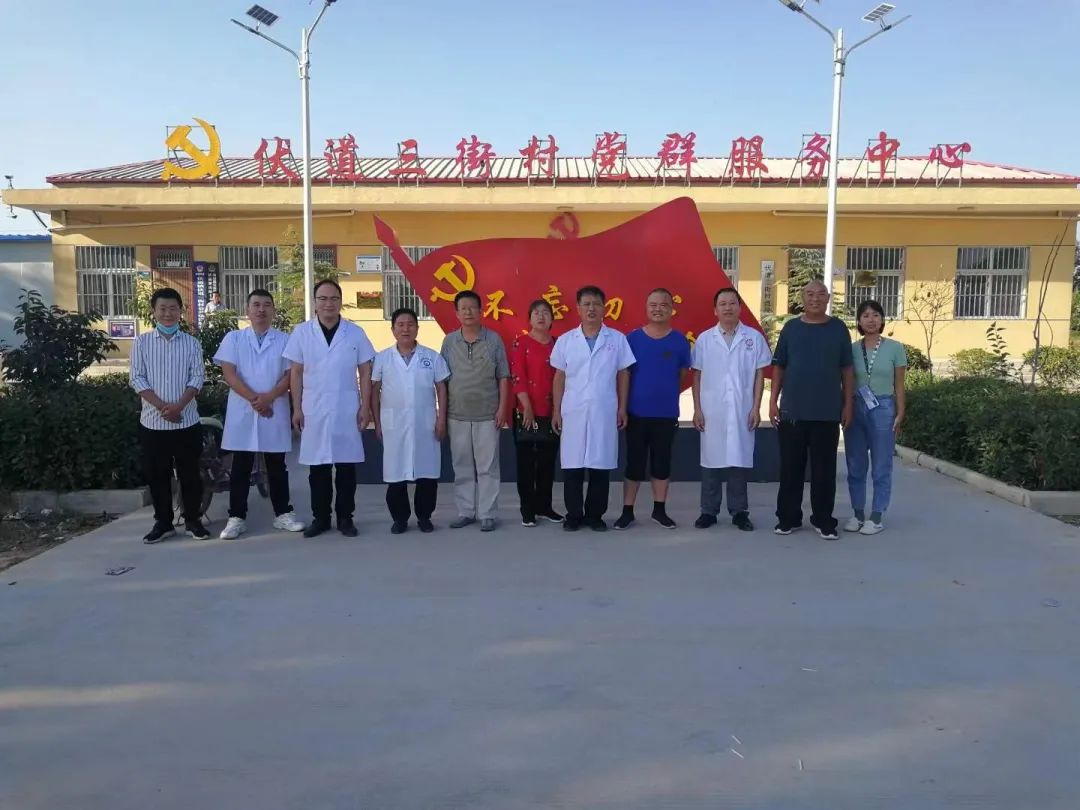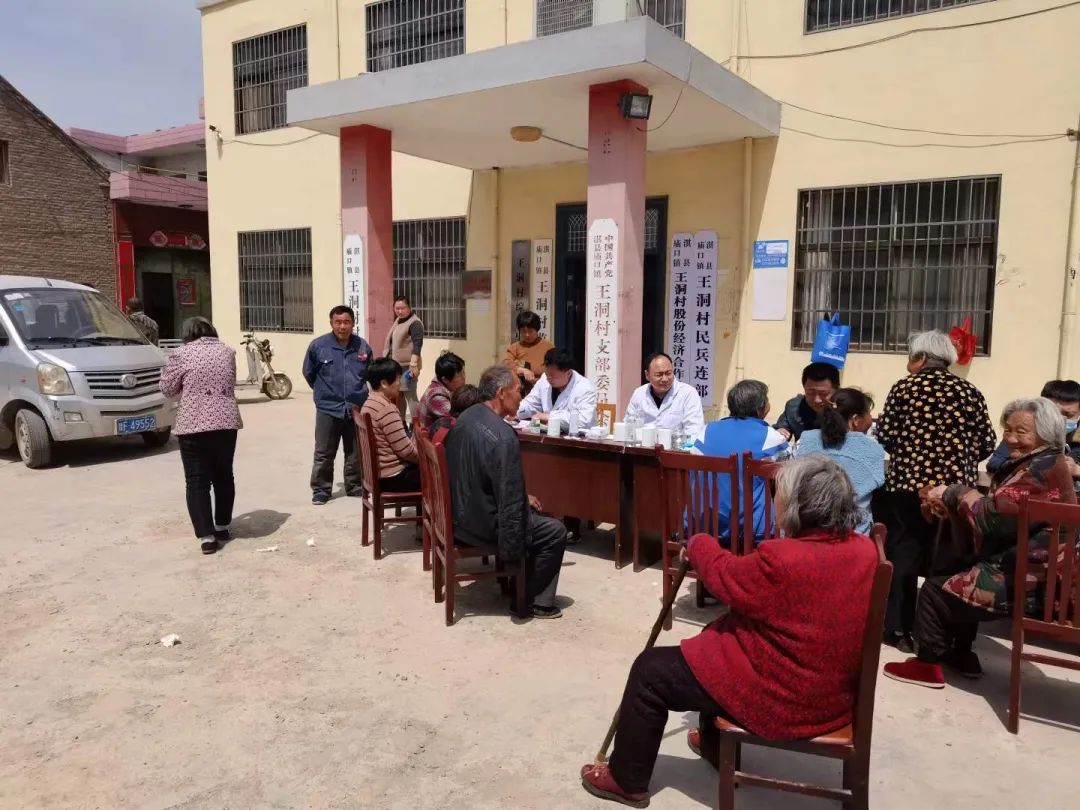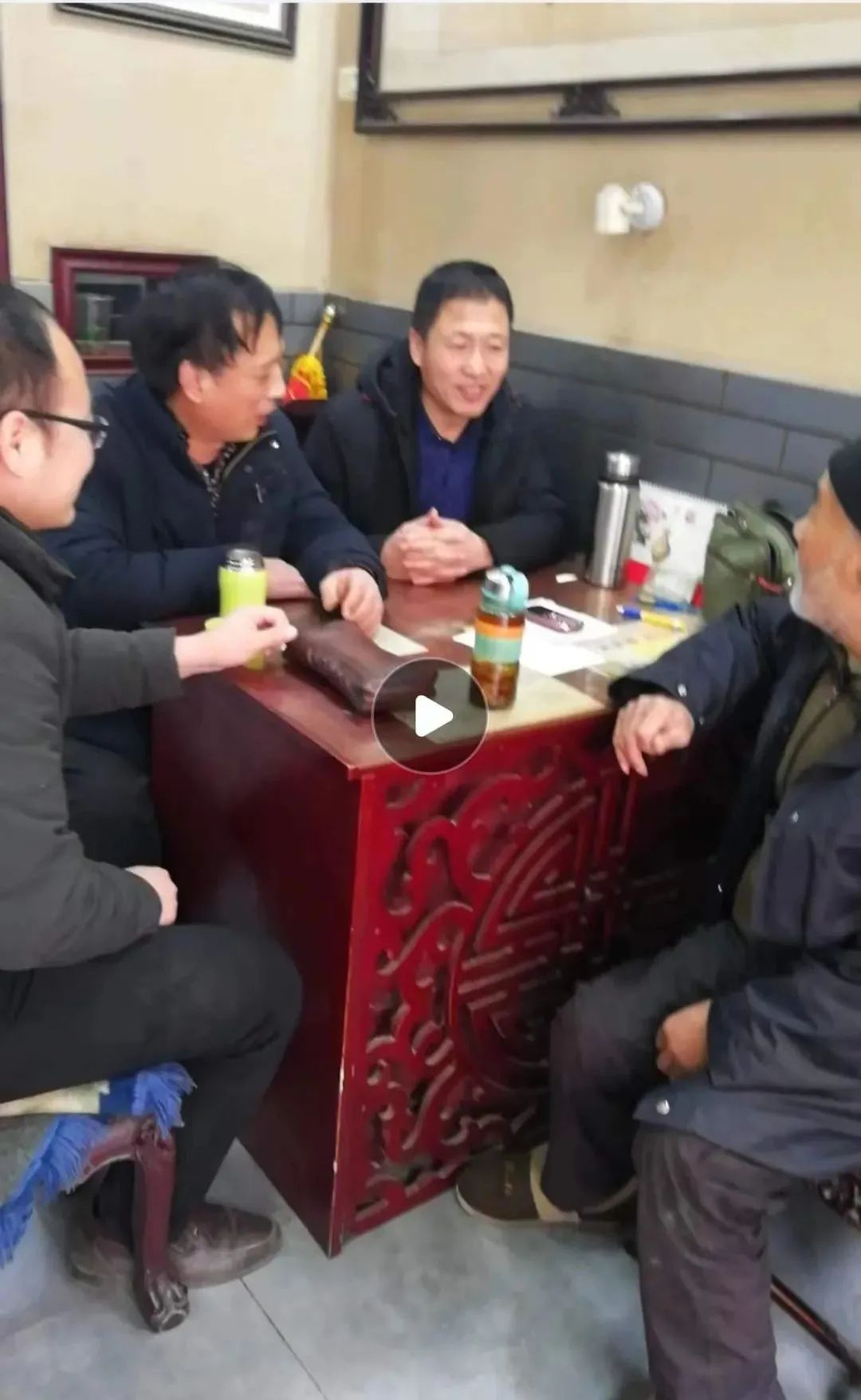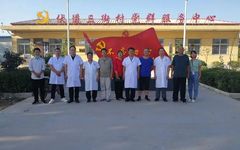When it comes to Traditional Chinese Medicine (TCM), we naturally think of ancient masters such as Bian Que, Hua Tuo, Zhang Zhongjing, Sun Simiao, and Li Shizhen. The culture of Chinese medicine is profound and has a development history of 5000 years, with classic texts such as the Shennong Bencao Jing (Shennong’s Classic of Materia Medica), Huangdi Neijing (The Yellow Emperor’s Inner Canon), Shanghan Zabing Lun (Treatise on Cold Damage and Miscellaneous Diseases), and Bencao Gangmu (Compendium of Materia Medica). The Huangdi Neijing is a collection of medical theories that encompasses a wide range of topics including astronomy, geography, governance, and self-cultivation. From the foundation laid by the Neijing, many physicians emerged over time, each with differing views, yet all rooted in the principles of the Neijing.

TCM emphasizes a holistic approach and pattern differentiation in diagnosis and treatment, focusing on the four diagnostic methods: observation (望), listening and smelling (闻), inquiry (问), and palpation (切). The three main treasures of TCM for treating diseases are Chinese herbal medicine (中药), acupuncture (针刺), and moxibustion (艾灸).
The culture of TCM is an important part of the excellent culture of the Chinese nation and serves as a golden key to unlock the treasure trove of traditional Chinese culture. TCM is a national treasure of the Chinese people, gaining increasing international influence and being loved and welcomed by both the Chinese and global communities. Over the decades, TCM has achieved remarkable accomplishments in various fields.
TCM embodies the experiences and theoretical knowledge of ancient Chinese people in their struggle against diseases, gradually forming and developing a medical theoretical system under the guidance of primitive materialism and spontaneous dialectical thinking through long-term medical practice. On October 1, 2018, the World Health Organization officially included TCM in its globally influential medical framework.
TCM ambassador Bai Yansong, at the 2022 graduation ceremony of Peking Union Medical College, delivered a speech titled “Healing People, Healing the World”. Bai emphasized that TCM should become the Eastern wisdom and Chinese solution in modern medicine.
Chairman Mao once said, “Traditional Chinese medicine is a great treasure house that should be diligently explored and enhanced.” The call of the leader continues to resonate in the hearts of TCM practitioners.
In 1972, Premier Zhou Enlai was diagnosed with bladder cancer, and Wu Jieping served as the head of his medical team. During an interview, Wu was asked, “How do you view your lifelong career as a doctor? What mindset do you maintain in your practice?” Wu expressed a sentiment shared by many great physicians: “As if standing on the edge of a deep abyss, as if walking on thin ice.” Behind these eight words lies a sense of reverence! Those engaged in medicine must be confident, but true confidence is only built on a foundation of reverence, leading to the earnestness that everyone anticipates.
During this time, Bai Yansong also quoted a poet’s line: “Love is the only guide.” The love within one’s heart serves as a guide, and doctors should follow love. Love is like sunlight; we can share this love with ourselves, our families, friends, life, and careers. When doctors face patients, it is not merely love; often, it resembles compassion. They are not gods but can benefit all beings, gently illuminating the path for those lost in the night, like the moon providing soft light. The words of Master Zheng Yan, “Compassion is like the moon,” have touched countless kind-hearted individuals! Compassion should not be as glaring as the sun, which can oppress people, but should be as gentle as the moon, providing light for those wandering in the dark.
A doctor should possess a greater love, an uncontrollable compassion. We cannot expect doctors to be Buddhas every day. They should strive to be professionals and specialists daily, but when the need arises, they should embody the qualities of a Buddha, shining light on the path for those in darkness. A doctor can prescribe many different remedies, but they must always prescribe the “medicine” of hope. When faced with patients in despair, even if they cannot save them, they can still offer hope to the patients and their families. When you cannot cure a patient, you can still heal a family, heal humanity, and allow people to see hope.
Our ancestors summarized a person’s life in four characters: birth (生), aging (老), illness (病), and death (死). No one’s life can escape these four characters.
At Saranac Lake in northeastern New York, the words of American physician Trudeau are inscribed: “Sometimes to cure; often to help; always to comfort.” This saying clarifies that medicine is a discipline rich in humanistic spirit. Stripping away the humanistic aspect of medicine discards its essential attributes.
To be a doctor, one must not only possess superb skills and medical expertise but also have a strong sense of morality and responsibility.
My old friend from He Mei Second Hospital (formerly the Party Office Director) and former director of He Mei TV, Yang Yongxuan, once told my son, who is studying at a TCM university, and his classmate Chen Weixing: “TCM is a national treasure. Studying TCM is good; it is the most promising profession.”
The term national treasure refers to the essence of a country’s inherent culture. Chinese national treasure refers to the essence that originates entirely from China, representing the most distinctive and culturally rich heritage of the Chinese nation, deeply cherished by many generations.

Engaging in TCM is the best practice in the world.
Learning TCM leads to a bright future, and those who are truly skilled in TCM have limitless prospects. The reasons are as follows:
(1) TCM is a medicine that saves lives. Saving a life is more meritorious than building a seven-story pagoda, with immeasurable virtue.
(2) The government has introduced many favorable policies for the development of TCM and the promotion of TCM culture.
(3) Studying TCM can cultivate one’s character and promote health.
(4) Studying TCM allows one to help more people in need.
(5) Studying TCM can correct many misconceptions, enabling everyone to gain a new understanding of TCM. Learning TCM knowledge prevents modern medical ignorance.
(6) Studying TCM can promote and enhance the nation’s medicine. This is the mission of TCM practitioners. A scholar studying medicine is like catching chickens in a cage.
(7) As parents, not knowing medicine is unkind. As children, not knowing medicine is unfilial.
(8) When TCM practitioners gain rich experience and extensive knowledge, they can become renowned worldwide. A TCM practitioner who does not aspire to be a famous doctor is not a good TCM practitioner. TCM places great emphasis on the accumulation of clinical experience and values clinical practice.
(9) The older one gets, the more valuable they become. Experienced TCM practitioners naturally possess rich knowledge and experience. They can enjoy life and contribute, earning the respect of patients and the community.
(10) As more diseases become untreatable by modern medicine, TCM can help you avoid illness, reduce the frequency of illness, and age gracefully. The sense of achievement and happiness that comes from curing a patient is something that other professions cannot experience. Because health is priceless, and life is invaluable!
(11) Studying TCM requires lofty aspirations, a heart to save lives, and a belief in alleviating the suffering of souls. Only then can one truly engage in learning and feel the therapeutic effects of heart-to-heart communication. Each time a patient is healed, the joy and emotion brought by TCM increase. Thus, when patients are moved to tears, TCM practitioners often find themselves with tears in their eyes as well.
(12) In modern society, there is a severe shortage of genuine TCM talent. Especially in vast rural areas, there is a significant lack of TCM practitioners. The grassroots rural areas are calling for the arrival of good TCM doctors! The vast rural areas are also the cradle for the growth of TCM practitioners! Doctors should work where their country needs them most, serving the community well.
(13) There is no retirement age for doctors. Work until old, live until old, learn until old.
(14) TCM is not just a technique; it is more often a culture. A good TCM practitioner must possess many skills to excel in this field.
(15) A good TCM practitioner must have high moral standards and superb skills, and must be someone who is fully trusted by patients. When patients meet such a TCM practitioner, they naturally share their innermost thoughts.
(16) TCM practitioners are particularly respected. Only those engaged in these two professions are called “Mr.” by the common people and are widely respected: one is the doctor, who treats and saves lives; the other is the teacher, the engineer of human souls.
TCM embodies Chinese wisdom and solutions. TCM has safeguarded the health of the Chinese nation for five thousand years.
TCM has always been the guardian of the billions of people of the Chinese nation!


